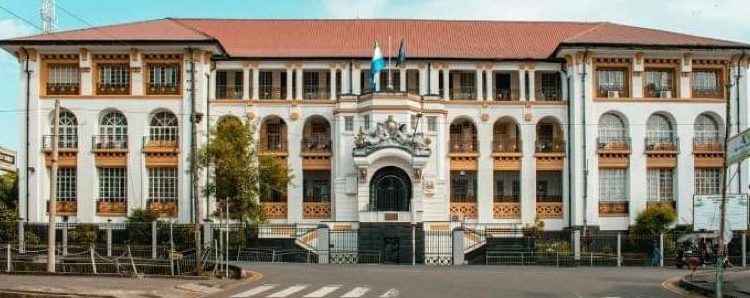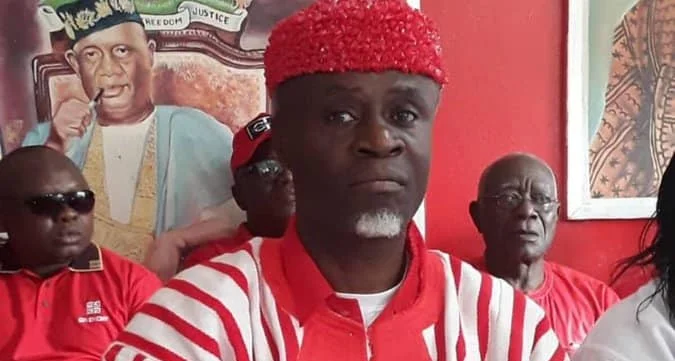By Hassan Osman Kargbo
The Chief Justice of Sierra Leone, Honourable Justice Komba Kamanda, has taken swift action to address the growing backlog of criminal cases in the provinces by assigning four Justices of the High Court to five districts.
The move, which is aimed at expediting the trial of over 174 criminal cases, highlights the judiciary’s commitment to ensuring justice is served promptly across the country.
The district sessions, which started on 17th February 2025 in Koidu (Kono District) and Magburaka (Tonkolili District), are scheduled to run until 1st March 2025. Afterward, sessions will continue in Kambia, Pujehun, and Kabala, where more than 200 inmates are expected to be involved. Such is part of a nationwide effort to reduce the backlog of criminal cases that have plagued Sierra Leone’s justice system, particularly in rural regions.
In a statement about the sessions, the Public Relations Officer (PRO 1) of the Judiciary, Mr. Moses Kamara, provided an update on the type of cases being tried. Notably, this session is dealing with 19 cases of murder, with Kabala accounting for the highest number, while Kono leads in sexual penetration cases. Such statistics reflect the serious nature of crimes being committed in the provinces and underscore the need for a swift judicial response.
Justice Augustine K. Musa, who is currently in Kono, will move to Kabala on the 27th of February to continue hearing cases. Meanwhile, Justice Abu Bakarr Sannoh is presiding over cases in Magburaka, while Justice Mohamed Bawoh will begin his sessions in Kambia on the same date. Justice Banks-Kamara will handle cases in Pujehun, also starting on the 27th of February.
The Chief Justice’s decision to deploy these judges to provincial areas is not only an effort to clear the case backlog but also an indication of the judiciary’s commitment to ensuring that justice reaches all corners of Sierra Leone. For many residents in these districts, the presence of High Court judges brings hope that cases, often delayed for years, will finally see a resolution.
However, the move also brings attention to the judiciary’s chronic issue with a shortage of judges. The recent deaths and retirements of several judges have only exacerbated the problem, leaving an already overstretched judiciary to contend with a heavy workload. Mr. Kamara acknowledged the challenges faced by the judiciary, stating that the situation is “beyond human understanding.” Nevertheless, efforts are underway to recruit new judges to fill the gaps in the system.
“The Hon. Chief Justice is pushing very hard to ensure that new judges are employed, especially at the High Court,” said Mr. Kamara. “In the meantime, the Chief Justice is making every effort to judiciously utilize the limited number of judges available to uphold the mission and vision of the institution.”
Despite the challenges, the judiciary is determined to uphold its mandate of providing timely justice to all citizens. The deployment of judges to the provinces is seen as a necessary step to restore public confidence in the judicial system, particularly in rural areas where access to justice has often been limited. This move, alongside the ongoing recruitment of new judges, is expected to bring much-needed relief to the justice system and ensure that those seeking justice are not left waiting indefinitely.
As the sessions continue across the five districts, Sierra Leoneans are hopeful that the increased attention to the judiciary’s workload will result in quicker verdicts, bringing closure to many victims and their families. The swift actions of the Chief Justice and the High Court justices represent a significant step forward in addressing the pressing issue of delayed justice in the country’s legal system.













